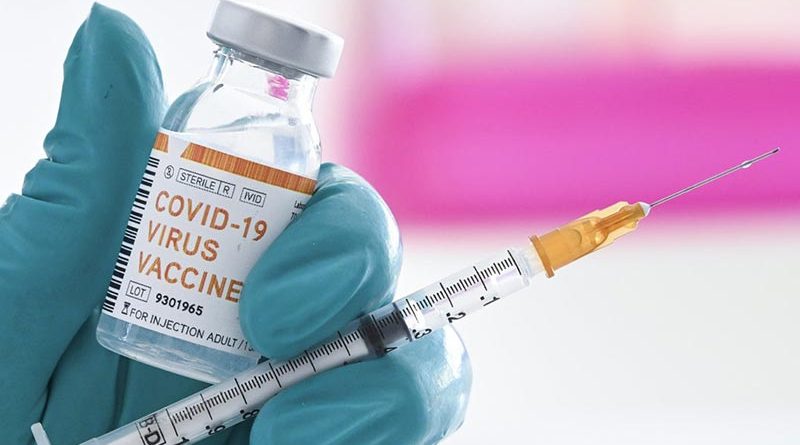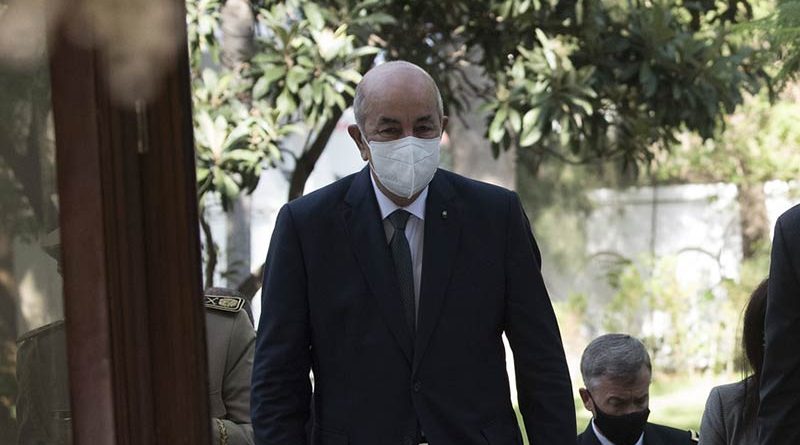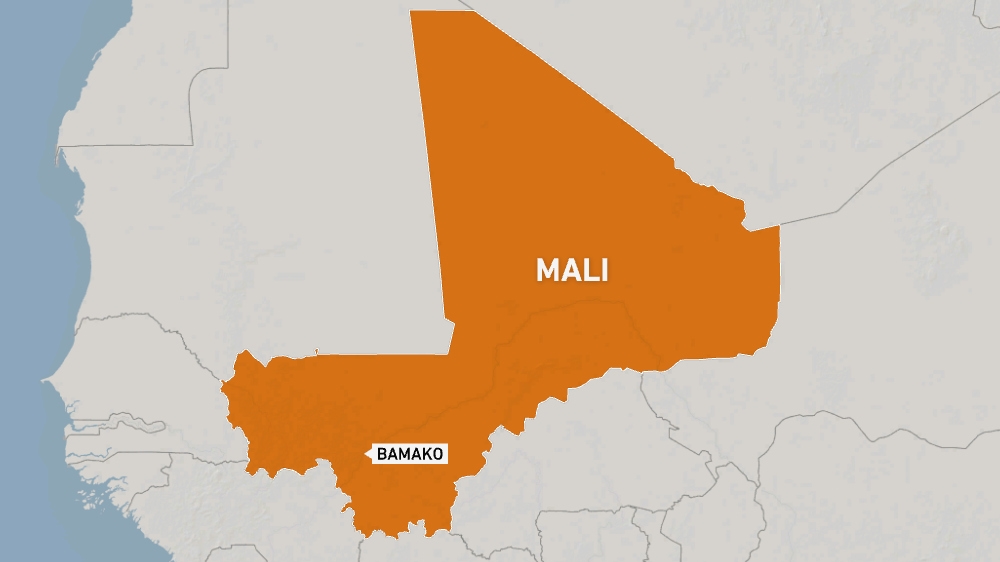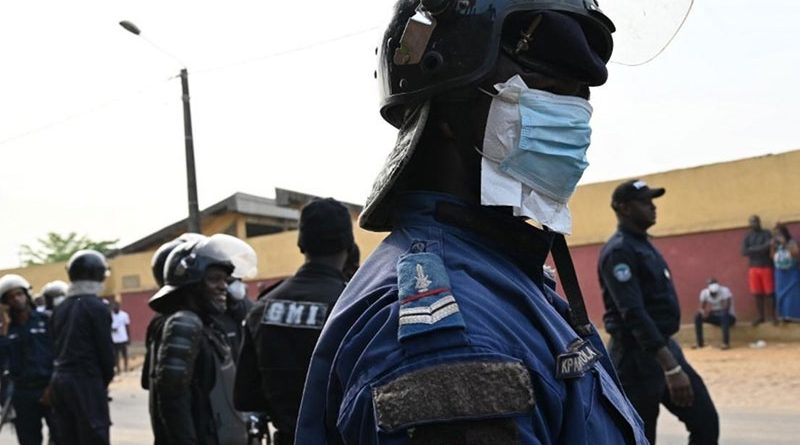SOUTH African pharmaceutical company Aspen Pharmacare said on Monday it had reached a preliminary agreement with Johnson & Johnson to commercially manufacture its COVID-19 vaccine candidate, sending its shares higher.
The country’s biggest drugmaker said it had agreed to provide the capacity required for the manufacture of J&J’s vaccine candidate, which is still in clinical trials, at its Port Elizabeth facility.
The agreement with J&J will see Aspen perform formulation, filling and secondary packaging of the vaccine for the U.S. firm, the company said.
Aspen’s shares rose more than 4% on the Johannesburg Stock Exchange on the announcement.
The company said it had invested more than 3 billion rands ($184.2 million) in the Port Elizabeth facility.
“The production area where it is intended that the vaccine candidate will be manufactured has the capacity to produce more than 300 million doses per annum,” it added.
South Africa has recorded more than 726,000 coronavirus infections, the highest number on the African continent, and more than 19,400 deaths.
It is hosting at least four clinical trials of potential COVID-19 vaccines, including the J&J candidate.
The agreement between Aspen and J&J is subject to the completion of technology transfer activities and finalisation of certain commercial terms.
Last month South Africa’s Biovac Institute – a joint venture between the government and private sector – said it was in talks to produce some of the vaccines the country needs to protect itself against COVID-19.
Source - The African Mirror
ALGERIAN President Abdelmadjid Tebboune has been transferred to Germany for medical checks, days after senior aides tested positive for COVID-19 and he went into the hospital, state media has reported.
Tebboune, 75, has been in office for less than a year after winning an election to replace the veteran president Abdelaziz Bouteflika, who was ousted during mass protests last year.
He said on Saturday he was self-isolating after senior government aides had fallen sick and on Tuesday state media said he had been admitted to a specialised treatment unit in an army hospital, without saying if he had COVID-19.
“I assure you, my brothers and sisters, that I am well and healthy and that I continue my work,” he was quoted as saying on Saturday, and Tuesday’s statement said he was still working.
Algerian leaders have historically sought treatment in Europe for more serious medical problems.
Tebboune’s departure for Germany comes days before Algerians vote in a referendum on Sunday on changes to the constitution that Tebboune has pushed as part of the government’s efforts to turn a page on popular unrest. – Thomson Reuters Foundation.
Source: The African Mirror
France and Mali had a difference of opinion on Monday over whether to talk to jihadists to help end the Sahel state's eight-year-old insurgency, with French Foreign Minister Jean-Yves Le Drian ruling the option out.
During a news conference in the capital Bamako, Le Drian distinguished between engaging with armed groups which had signed peace accords, and "terror groups".
"In the peace agreements there is a very essential element which is the reconstituted army," he said.
"The prime minister has just referred to it and it is the urgency of the moment. And then there are the terrorist groups that have not signed the peace agreement, things are simple."
Le Drian's visit marks the first by a French politician since young army officers toppled president Ibrahim Boubacar Keita on August 18.
After international pressure, Mali's military junta handed over to an interim government which is meant to stage elections within 18 months.
Le Drian said his position was shared by the United Nations Security Council and the G5 Sahel countries.
But in a sign of a policy rift, Mali's interim leader disagreed with the French official.
"The conclusions of the inclusive national dialogue that took place in our country, very clearly indicated the need for an offer of dialogue with armed groups," said Moctar Ouane, Mali's interim prime minister.
After international pressure, Mali's military junta handed over to an interim government which is meant to stage elections within 18 months.
Mali has born witness to conflict since 2012 and thousands of soldiers and civilians have been killed since then.
Intense fighting has continued despite the presence of French and UN troops, prompting many to argue that dialogue with jihadists is the best way to end the bloodshed.
UN Secretary General Antonio Guterres told French daily Le Monde in September "there will be groups with which we can talk, and which will have an interest in engaging in dialogue to become political actors in the future".
Swathes of Mali, a vast West African nation of some 19 million people, lie outside government control.
France has 5,100 soldiers deployed across the Sahel region as part of its anti-jihadist Operation Barkhane.
Source: Africa News
AT least six people have been killed in a port town in southern Ivory Coast this week, the mayor said on Thursday, as supporters and opponents of President Alassane Ouattara trade blame for rising violence ahead of the October 31 election.
The authorities decreed a curfew on Wednesday night in response to the killings in Dabou, which Mayor Jean-Claude Niangne said were carried out by men armed with assault rifles and machetes.
Violence has broken out sporadically since August when Ouattara announced his candidacy for a third term, a move his opponents say violates the constitution.
In all, more than 20 people have died in protests and clashes between rival supporters.
The events have stoked fears about a bigger slide into violence. A disputed election a decade ago led to a civil war that killed 3,000 people.
Niangne, a member of Ouattara’s ruling party, said young men affiliated with the president’s opponents took control of parts of Dabou earlier in the week, killing six people and wounding 40, before being pushed out on Wednesday by the police.
He said weapons belonging to a national lawmaker and former mayor of the town, who is an ally of exiled opposition leader Guillaume Soro, were used by the assailants.
The lawmaker, Ben Souk Sess, who is in exile in Mali, denied this and blamed the violence on youth gangs working for Niangne.
Ouattara’s two main challengers in the election, former President Henri Konan Bedie and Pascal Affi N’Guessan, called on their supporters last week to boycott the electoral process and prevent it from going ahead.
They accuse the ruling party of manipulating the electoral process to ensure Ouattara’s victory. Ouattara denies this and says he has the right to stand for re-election under a new constitution approved in 2016. – Thomson Reuters Foundation.
Source: The African Mirror




